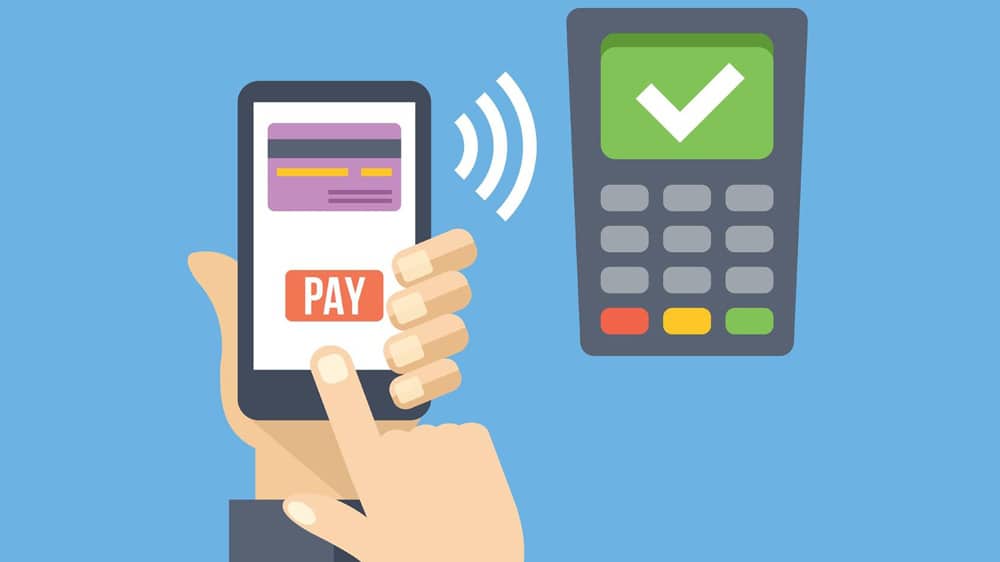The National Assembly’s Standing Committee on Finance, chaired by Syed Naveed Qamar, received a detailed briefing from State Bank officials on Thursday regarding the country’s digital payments infrastructure and future plans for a cashless economy.
Deputy Governor of the State Bank, Saleem Ullah, informed the committee that Pakistan currently has 226 million bank accounts, of which 96 million are unique. He added that there are 19,000 bank branches and 20,000 ATMs across the country, along with 9,500 merchants and 850,000 QR code merchants. He emphasized that customers would not be charged fees for cashless transactions.
Committee Chairman Naveed Qamar urged the government to avoid frequent shutdowns of mobile and internet services, warning that such interruptions could disrupt people’s livelihoods. He stressed that connectivity should remain active, regardless of political events.
State Bank Governor Jameel Ahmad announced that overseas Pakistanis’ “RAAST” accounts in Gulf countries will be linked with the Buna payment system, enabling them to transfer funds directly to any bank account in Pakistan. However, the system will only allow sending money to Pakistan, not vice versa.
He outlined that by June 2026, a cashless economy would be introduced at both federal and provincial levels, with a goal of bringing 75% of young people into digital financial services by 2028. The central bank has already issued five licenses for digital payments to companies, including Easypaisa, JazzCash, and Mashreq Bank.
Jameel Ahmad clarified that the government will not deduct the 0.5% merchant fee on digital transactions, with the state bearing the cost instead. Minister of State for Finance Bilal Kayani added that 50% of Pakistan’s economy remains undocumented, but salaries, pensions, taxes, and utility bill payments will gradually be shifted to digital channels. He said relevant legislation will also be introduced to support the move toward a cashless economy.
The finance secretary further stated that, compared to other countries, Pakistan would be among the first to adopt a comprehensive digital payments ecosystem. However, the governor noted that in cases of customer error, banks will not provide compensation, and responsibility will lie with the channel or platform where the mistake or fraud occurred.
The Standing Committee also recommended setting up dedicated funds to safeguard consumer interests within the digital payment ecosystem.

